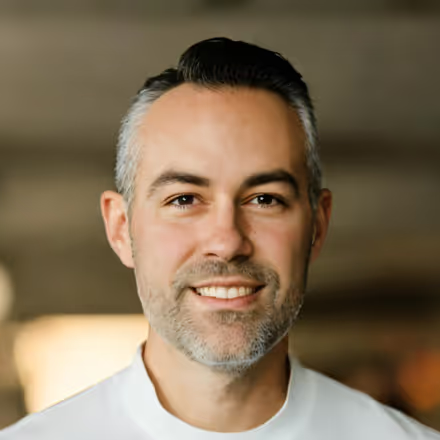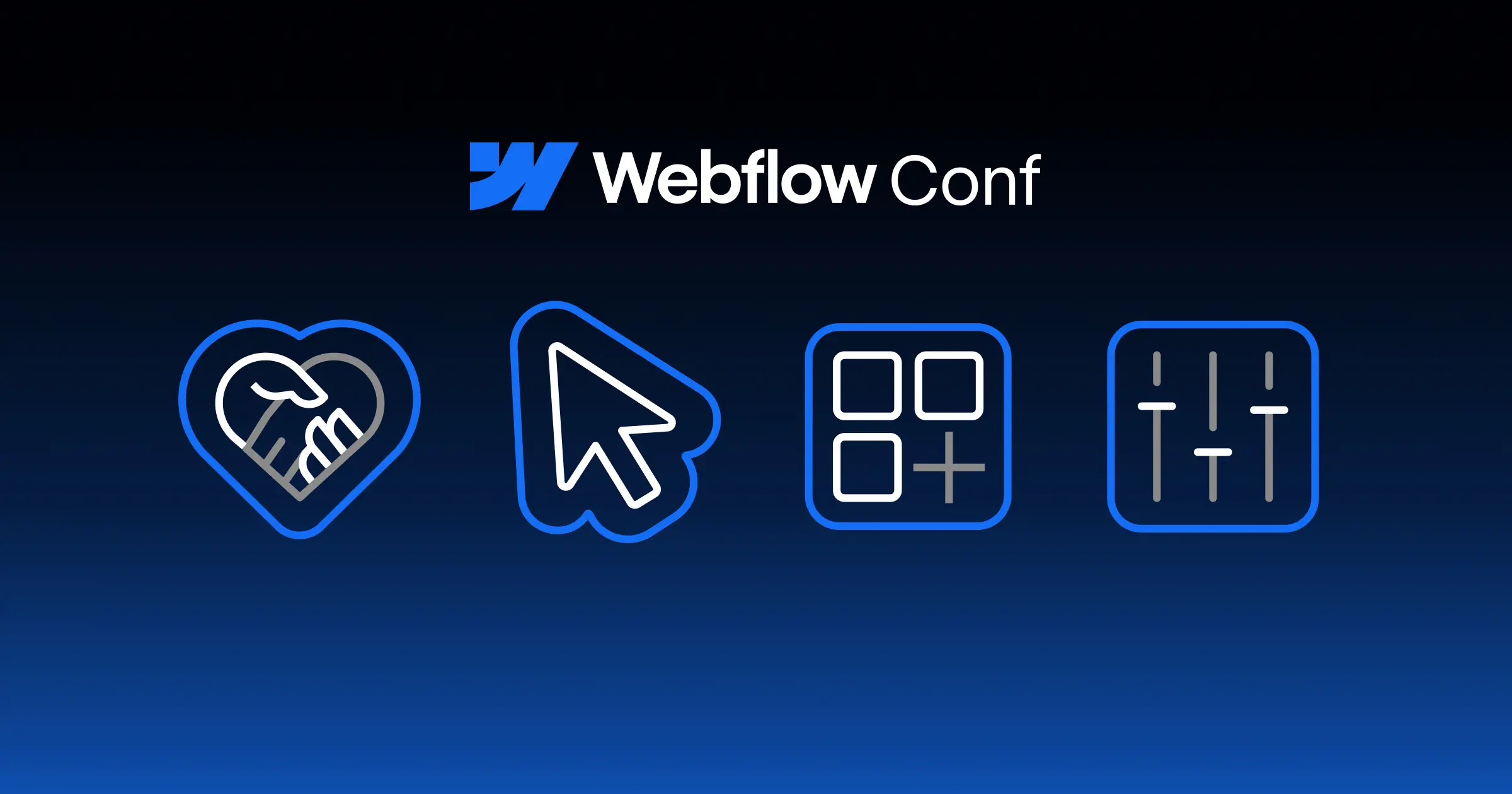Every three seconds, somewhere in the world, a new website is born.
But when you're one of the largest health podcasts globally (with millions of devoted listeners hanging on your every word), building "just another website" isn't an option.
This was the challenge facing Dr. Andrew Huberman and his team at Huberman Lab, whose mission to bring "zero-cost-to-consumer information about science and science-related tools to the general public" had created an unexpected problem: success at a scale their digital presence couldn't keep up with.
"In the beginning days of Huberman Lab, the content library was relatively small and easy to manage," explains Matt Varughese, Partner and CEO at 8020. "But the podcast just exploded in popularity, and so did the content library." With over 150 podcast episodes and 300+ hours of content, what started as a straightforward WordPress site had become a maze where valuable scientific insights were getting lost in the shuffle.
Even more concerning, as Huberman Lab's popularity grew, unofficial sources began filling the information void. "Unfortunately, what that led to was a lot of misinformation or information taken completely out of context," Varughese shares. "Which in the frame of health is really critical to get right."
The solution would come through an innovative partnership between two Victoria, British Columbia-based agencies: 8020 (a Webflow Enterprise agency) and Double Up (a boutique growth agency with deep experience in the health and science space). Together, with Ian Mackey, Vice President at SciComm Media, they set out to transform how millions of people discover and interact with life-changing scientific content.
But this isn't just a story about building a website. It's a masterclass in how the right combination of agencies, technology, and client collaboration can turn a digital challenge into an opportunity to better serve a global audience. Here's how they did it.
The challenge goes beyond “search”
When your content library includes hundreds of hours of detailed scientific information, having a basic search function (that only scans episode titles) simply doesn't cut it. "Finding the right information became harder, and search results often didn't return the best result for their query," Varughese explains. "This became a huge pain point for the audience overall."
The stakes were particularly high given Huberman Lab's mission and impact. With the podcast funding over $500,000 in scientific research last year alone, guaranteeing accurate information found its intended audience wasn't just about user experience—it was about public trust in science itself.
A solution built on partnership
What made this project unique wasn't just its scale, but how the two agencies approached it. Double Up and 8020 created a smooth workflow that played to each team's strengths:
- Double Up handled content strategy, SEO, and information architecture to define what information should take priority and how users would navigate it
- 8020 focused on design, UX, and development to bring those strategies to life in Webflow
"Both teams had a lot of questions to think through," Varughese notes, "but we knew we had a clear path forward, which was delivering an exceptional experience for the audience."
Building for scale
The team knew that managing a website serving millions of users would require reliable tools and systems. "Centralization is really critically important when you're managing a project of this size, at this scale, with this many partners," Varughese says. They implemented a comprehensive tech stack:
- Airtable served as their single source of truth to track everything from sitemap changes to URL updates and redirects
- Algolia powered their enhanced search functionality, allowing users to filter content by timestamps, AMA episodes, solo episodes, newsletters, and more
- Slack facilitated transparent communication between all parties
"When I'm talking with a lead, the question I ask at the end of every call is, If we were to work together, what would make you say we were the best damn agency you've ever worked with?'" Varughese shares. "Nine times out of ten, it's just getting consistent, transparent communication about where things are at."
This emphasis on communication proved crucial when working with the Huberman Lab team. "We're a small but mighty group," notes Mackey. "Having agencies that can match our energy and our needs—being online effectively 24/7, every day of the week—that was one of the things keeping us first and foremost."
The numbers speaks for themselves
The impact of this collaboration was immediate and dramatic. The website's conversion rate jumped from 3% to 11% in the first month after launch—a 266% improvement. Even more telling was the sustained impact: conversion rates stabilized at 6% (double the original rate).
Still, perhaps the most meaningful metric came from user behavior. Daily searches more than doubled, with users diving deeper into the content library than ever before. As one user, Jenny King, tweeted after launch, she was now able to easily find every mention of "cognitive" across multiple episodes—exactly the kind of deep discovery the team had aimed for.
"The beauty of using a platform like Webflow," Varughese shares, "is that it lets you build for today and tomorrow. We're not limited to rigid systems or outdated tech. It gives us the ability and flexibility to grow alongside the Huberman Lab business, instead of hitting a ceiling along the way."
A living, breathing, collaborative digital experience
Today, both agencies continue to support Huberman Lab, recently collaborating on the launch of Dr. Huberman's new book, Protocols. The website evolves constantly with Double Up leading strategic testing and 8020 implementing improvements based on user feedback.
This ongoing evolution is powered by what Mackey considers essential to any successful agency partnership: "Clear expectations delivered on time... We're often recording episodes Fridays, editing them Saturday, reviewing Sunday, and putting [them] out Monday, and their teams are always online. We need that constant access."
For Varughese and his team, this project represents something bigger than just technical achievement. "At the heart of this project, our goal is to support Huberman Lab's mission in building public trust in science. What made this experience really rewarding was knowing that every design, every page that we built, and every decision we made helped them take another step forward in pushing that mission forward."
This collaboration proves that the right combination of technology, expertise, and collaboration can do more than just build websites—it can help make scientific knowledge more accessible to millions around the world.
Watch the full presentation (including the Q&A session) here.



















Relive all the fun of Webflow Conf 2024
From our keynote to the inspiring and informative breakout sessions, all recordings from this year's Webflow Conf are now available to watch on demand.
































